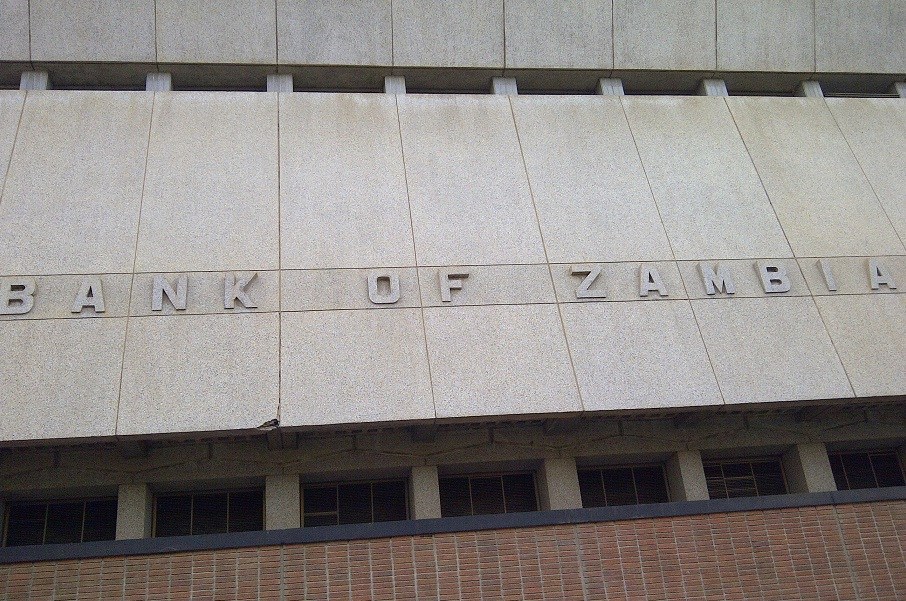• With the increase of the Statutory Reserve Ratio there are two things that the Bank of Zambia wants to achieve.
• They want to manage the exchange rate and they also want to ensure that there is stability in the exchange rate.
• Negative effects obviously in terms of liquidity but if it can manage the exchange rate, it’s a welcome move.
An Economist has backed Bank of Zambia’s decision to increase the Statutory Reserve Ratio from 9.0 percent to 11.5 percent.
Speaking in an interview with Money FM News, Rita Mkandawire said deprecation of the Kwacha against the US dollar has negatively affected the economy, therefore by increasing the Statutory Reserve Ratio, the Central Bank wants to ensure that there is stability in the exchange rate.
Ms. Mkandawire observed that there are so many Small and Medium Enterprises (SMEs) that are importing goods from other countries and the current business environment is complicating businesses, especially in the manufacturing sector where players have to import almost everything, hence the need to manage the exchange rate.
“With the increase of the Statutory Reserve Ratio there are two things that the Bank of Zambia wants to achieve. They want to manage the exchange rate and they also want to ensure that there is stability in the exchange rate. So it’s both in the long term, medium term and also short term, which is a welcome move.”
“So with the current business environment where the cost of doing business is high, you look at issues like electricity, there is minimum wage increase, you can’t complicate businesses further by increasing the cost especially on how much people are spending on importing goods, unfortunately there has been a great imbalance in trade so meaning that our businesses are surviving on imports, therefore the exchange rate comes into play,” Ms. Mkandawire stated.
She however said increase in the Statutory Reserve Ratio will have negative effects in terms of limiting liquidity but it is a welcome move if it can manage the exchange rate, which is now increasing the cost of doing business and ultimately the cost of living.
“We need to manage the exchange rate, so it’s a welcome move, we need to manage the business environment. Also at personal level, the cost of living has just gone up, it’s unspeakable so to manage that we need to manage the exchange rate.”
“Negative effects obviously in terms of liquidity but if it can manage the exchange rate, it’s a welcome move because the exchange rate right now is increasing the cost of doing business and ultimately the cost of living,” she added.
Bank of Zambia has, effective Monday 13th February 2023, increased the Statutory Reserve Ratio from 9.0 percent to 11.5 percent in a bid stabilize the Kwacha and halt any further depreciation.
The statutory reserve ratio is the proportion of the deposit liabilities that commercial banks are required to keep as a cash deposit with the Central Bank.
This means that Bank of Zambia will now be getting a bigger share of deposits that commercial banks receive from all categories of clients.
According to other financial Analysts, the move will ultimately lead to reduced liquidity and access to money by individuals or access to capital by SMEs from the banks will be tight and the cost of capital from the banks is likely to be raised as banks may still want to maintain or grow their margins.







